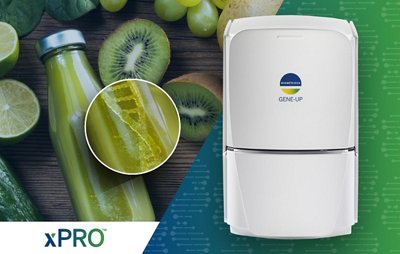Alicyclobacillus - Spoilage in the Beverage Industry
October 10, 2022
In this video, Robert Butler (Food marketing manager - northern Europe) explains why the analysis for Alicyclobacillus is key for fruit concentrates and sweetener producers.
Beverage producers live tenuously by the virtues of their products flavor.
Brands will grow or wither based on their signature tastes, aftertastes and aromas. One off-sip can diminish Customers, reputation and profits.
In 2017, a survey was published in the International Journal of Systematic and Evolutionary Microbiology and revealed that more than 97% of participants indicated that spoilage mattered either a lot or a great deal in brand protection and close to over 90% of juice manufacturers surveyed indicated that better control of microbial spoilage would have moderately to greatly increased profits and reduced waste.
The culprit of a flavor imbalance can often times be tied to the presence of Alicyclobacillus and its byproduct guaiacol.
So what is Alicyclobacillus?
Perhaps it's more conveniently known as ACB or TAB. Alicyclobacillus is a gram-positive, non-pathogenic, thermophilic and acidophilic sporeforming bacteria. This strain is able to grow over a very wide range of temperatures and pH values, and spores are relatively heat-resistant.
While Alicyclobacillus bacteria are not necessarily a food safety concern, they can affect juice quality and lead to spoilage.
In the fruit juice industry in particular, it has been shown to produce significant amounts of guaiacol, altering the organoleptic properties of the fruit juices. Because most common pasteurization techniques or other processing treatments using high pressure do not deactivate the spores, Alicyclobacillus is particularly important to the fruit juice and beverage packaging industries.
Related Products




